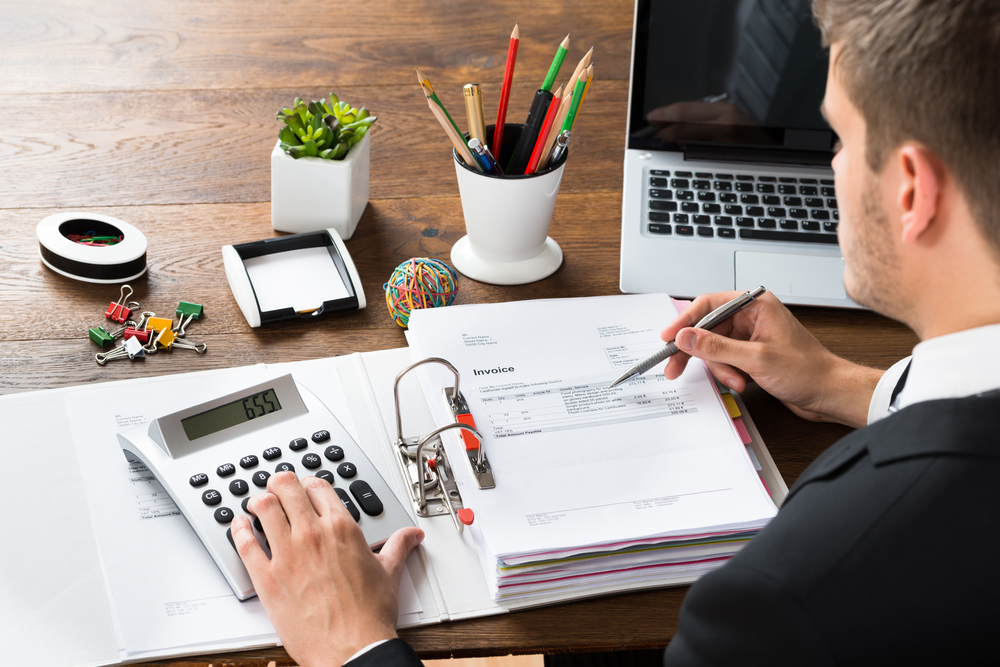
If you are currently working in the accounting field in Australia, then you may consider obtaining the needed training to become a tax advisor. Before you take this step, however, you need to get a basic understanding of what to expect when you receive this kind of education.
Most accountants or bookkeepers like tax accounting because it is challenging. If you obtain the education needed to become a tax consultant, you will be involved in a speciality that is always changing. Tax accounting involves the interpretation of Australian tax laws and applying them to a client’s accounting records for regulatory purposes.
Tax Training—What to Expect
Once you obtain the training to become a tax consultant and after getting some on-the-job experience, you can begin your own tax accounting business. As the owner, you will be able to expand your practice and possibly build a network of tax offices throughout the suburban landscape. When you take tax consultant training, the education can give you the opportunity to serve in both an advisory capacity and interpret tax laws so clients can stay up-to-date on their accounts.
Most people who become tax consultants do so because they like helping clients with their taxes and enjoy detail work. This work also involves compliance activities and applying tax solutions to minimise a tax client’s liability. While a tax consultant can work in a variety of tax areas, they may specialise in medium-sized operations or take care of personal tax requests. Some tax consultants work with real estate investors or in the rental property area.
Overdue Returns
In some cases, a tax consultant will receive clients that have overdue returns. This part of the job can be especially demanding, especially if the client has not maintained their tax records. Nevertheless, late returns do come in to be reviewed and are part of the occupation. Usually, if they go back to about 2001, they can be processed electronically.
A personal tax accountant or consultant generally needs to obtain a degree in accounting and focus on subjects in taxation. In order to practice and assess a fee for the service, the accountant in Australia needs to be a registered agent. It is also a good idea to have a certification, such as a CPA (Certified Practising Accountant).
What you will find, when you work with taxes is that business taxation is a bit more complicated, but personal tax laws are constantly changing. Therefore, you will be challenged in both areas. If you do receive the training, you need to obtain some experience as well. That will build additional confidence in your overall understanding of the subject of tax.
Whether you work in a small accounting practice or a large one is up to you. Working in a larger firm will allow you to specialise in a specific industry, and provide an environment to bounce ideas off other team members.
Wherever you are employed, get prepared to work long hours during tax season. Sometimes not arriving home until 9 p.m. in the evening.














